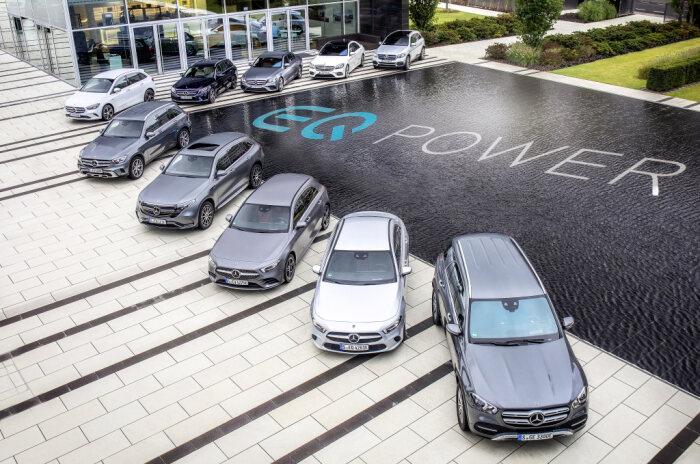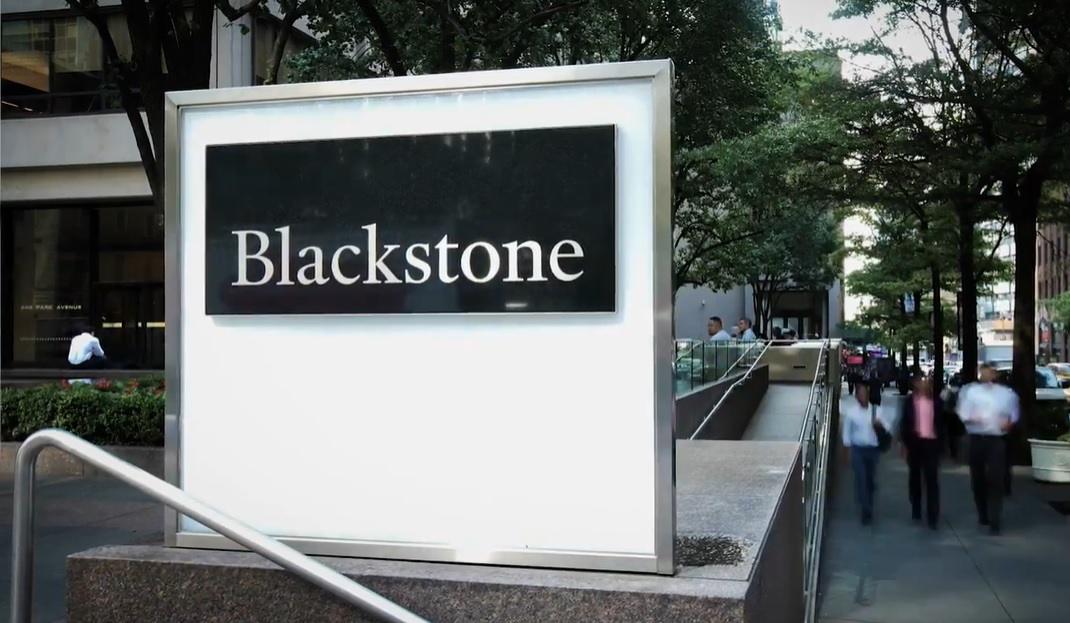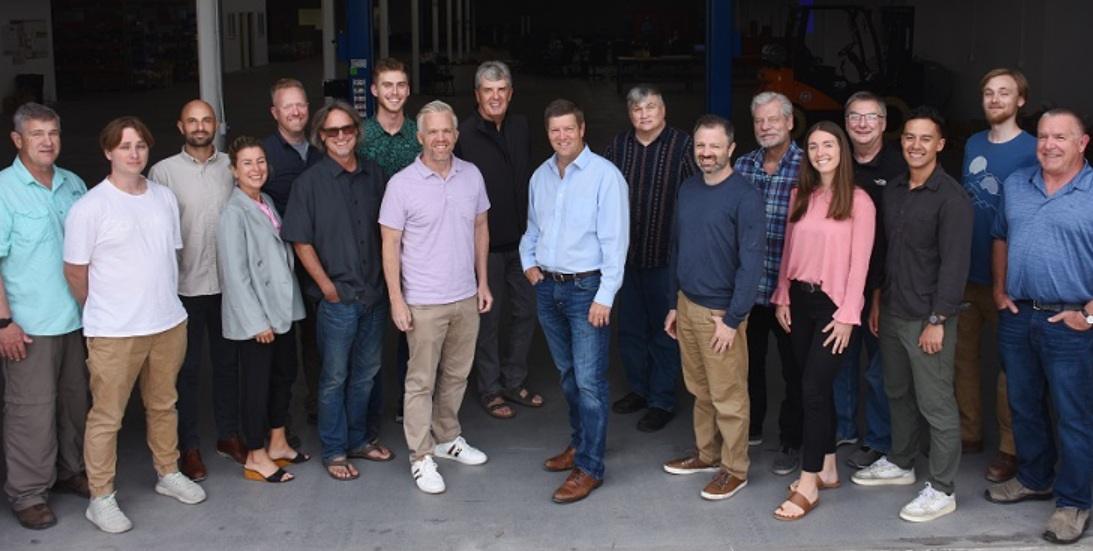Mercedes-Benz Launches Sustainable Supply Chain Initiative for EV Battery Sourcing
Automaker Mercedes-Benz announced today that it is adopting a comprehensive approach across the whole battery technology chain, ensuring the use of responsibly mined and processed battery raw materials cobalt and lithium. Under the new initiative, the company aims to source cobalt and lithium exclusively from certified mines, and to ensure improved standards in relation to the protection of human rights in high risk countries of origin.
According to the company, in the coming generations of battery cells, Mercedes-Benz will reduce the cobalt content to less than ten percent and intends to dispense with materials such as cobalt entirely through post-lithium-ion technologies with new material compositions.
Markus Schäfer, Member of the Board of Management of Daimler AG and Mercedes-Benz AG; responsible for Daimler Group Research and Mercedes-Benz Cars COO, said:
“Mercedes-Benz’s clear development goal is to significantly increase the range of future batteries through advances in energy density, to advance the production maturity of future battery technologies, to significantly reduce charging times, and to further reduce the use of critical materials. In the coming generations of battery cells, the cobalt content is already being reduced to less than ten percent. In the future, we want to use post-lithium-ion technologies with new material compositions to completely dispense with materials such as cobalt. The further optimization of recyclability and its implementation at Mercedes-Benz is also part of the holistic battery strategy.”
Mercedes-Benz stated that it will adopt the use of strong standards for sustainability, making the industry-wide recognized “Standard for Responsible Mining” of the “Initiative for Responsible Mining Assurance” (IRMA) one of the key criteria for supplier decisions and supplier contracts within raw material supply chains. In the company’s contracts, partners will need to commit to working within their own supply chain to source exclusively from raw material suppliers who are audited in accordance with the IRMA mining standard. The supply chains will in the future also be regularly monitored.
In terms of addressing country risk, the automaker stated that rather than excluding countries of origin viewed as high risk as sources of supply, the approach will be to improve the local situation for the people working there and to strengthen their rights. According to the company, the aim here is to encourage the local economy while at the same time ensuring that higher standards in relation to the protection of human rights are established.
Renata Jungo Brüngger, Member of the Board of Management of Daimler AG and Mercedes-Benz, responsible for Integrity and Legal Affairs, said:
“Our aspiration is very clear: we want our products to contain only raw materials that have been mined and produced without human rights violations. This is one of the core elements of our sustainable business strategy. This way, we are putting an important element of our Human Rights Respect System into practice and are shaping the path to electric drive systems in a sustainable way.
“If there are any indications of risk, we take another, closer look at the supply chain. This involves us going beyond the direct suppliers and creating transparency, if necessary all the way back to the mine.”
Schäfer added:
“We have had the supply chains for our Mercedes-Benz electric vehicle fleet audited in line with OECD guidance, all the way back to the mine, even though we don’t source cobalt directly ourselves. Based on the insights gained, we will instruct our battery suppliers to only source cobalt and lithium from certified mining sites in the future. With this, we even go a step further and will ensure our sourcing is from mining sites compliant with the mining standard of the ‘Initiative for Responsible Mining Assurance’. This way, in addition to child labor and a range of other social concerns, environmental risks in the mining of raw materials can also be minimized. By doing so, we are paving the way for clean raw materials, from which other participants in the market can also benefit. Going forward, we will only work with suppliers who agree to comply with these requirements.”





